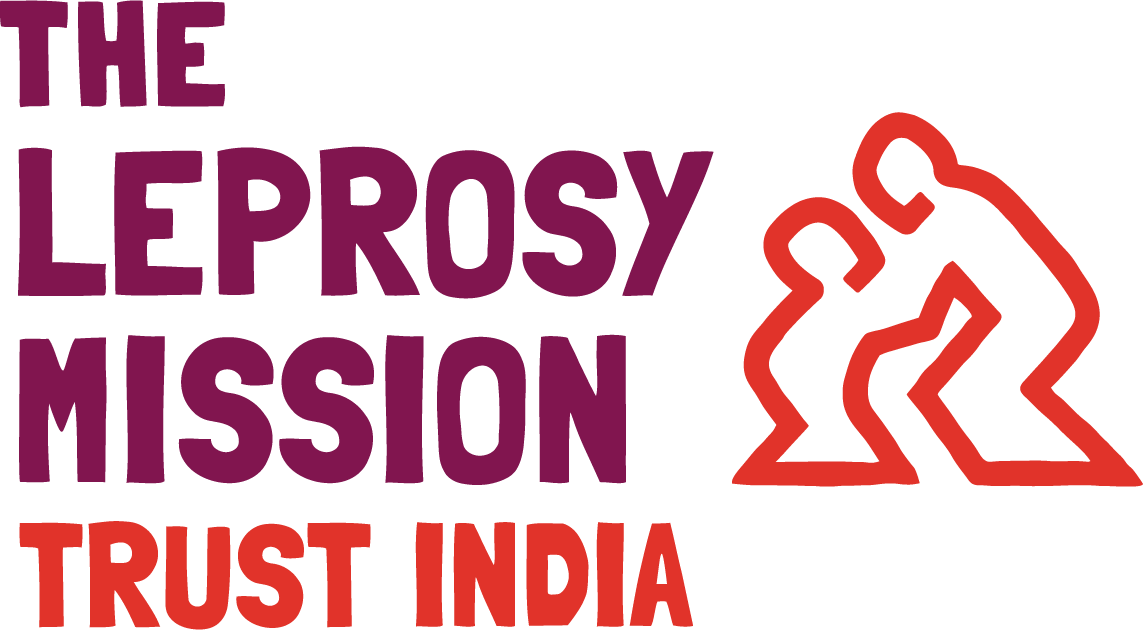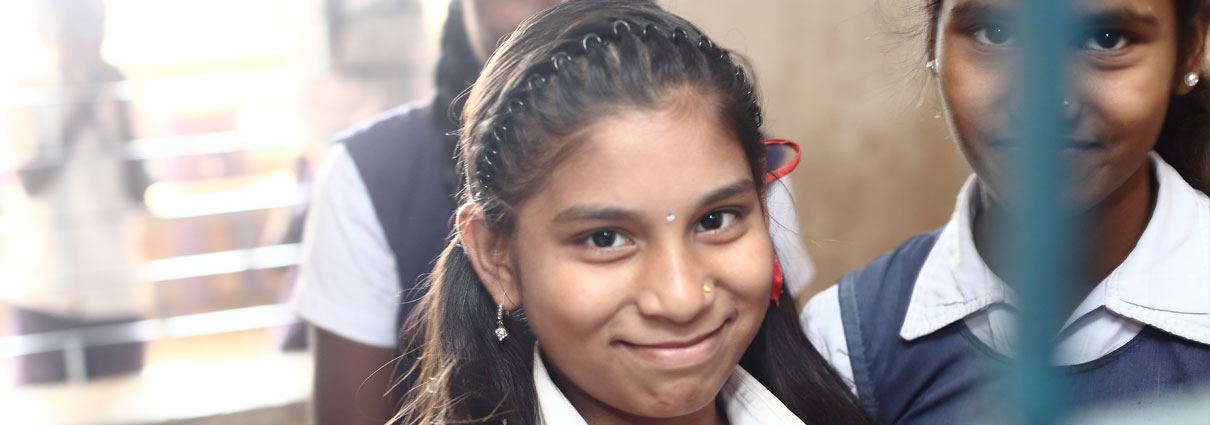Education
“One child, one teacher, one pen and one book can change the world”
– Malala Yousafzai
Education is all about people being able to learn what they need throughout their lives, as per their potential. It includes ‘learning to know, to do, to live together and to be’. Education takes place in the family, community, schools and institutions, and in the society as a whole. The universal right to education is firmly established in international instruments that have global endorsement – the Universal Declaration of Human Rights (UDHR), Article 26 (2), and the Convention on the Rights of the Child, Article 28.
Poverty, marginalisation, and discrimination are the main barriers to education for those affected by leprosy. They are often discriminated against because of the misplaced fear about the disease. They find it difficult to access mainstream schools, vocational training and various other opportunities of learning. This results in greater isolation, deprivation of rights, and loss of dignity in life. Lack of education further intensifies the discrimination.
The Leprosy Mission Trust India’s (TLMTI) Education programme focuses on access to education and lifelong learning. It stems from the understanding that education leads to the realisation of a potential, improved sense of dignity and self-worth, and effective participation in society. TLMTI believes that education is life-long and hence works with children, adolescents, and adults.
Through this programme, TLMTI
- Provides education scholarships.
- Creates awareness about leprosy in schools, with a focus on reducing stigma.
- Empowers families affected by leprosy to know the importance of education and supports them to access various education schemes and services provided by the government and other organisations.
- Provides assistance to access education loans/grants, up to professional courses (engineering, nursing, teaching, etc).
- Facilitates study environments and family situations that promote learning.
- Provides support to access education concerning life skills and survival needs, including information about reproductive health, sexuality and HIV/AIDS.
- Provides support to access appropriate, flexible and effective learning opportunities throughout life (for example, adult literacy through National Literacy Mission and higher education through distance learning).
In a year, over 1,500 schoolgoing children, 150 youth in graduate and postgraduate courses, and 500 adults from the community benefit through this programme. The programme thus ensures that all individuals affected by leprosy have access to education and resources that meet their needs.


